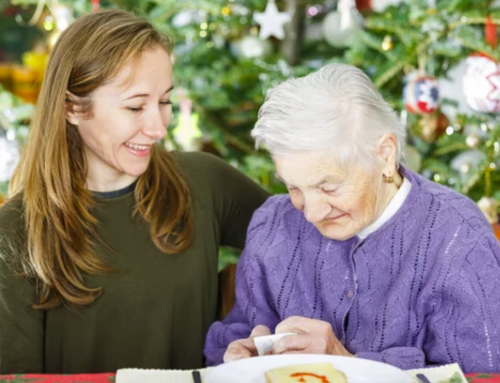Balancing Comfort and Care with Hospice Medication
Caring for a loved one in a hospice setting can be a challenging journey filled with moments of deep connection and complex responsibilities. Among these duties, managing your loved one’s medication regime may be one of the most important yet overwhelming tasks. At Smoky Mountain Home Health and Hospice, we understand these challenges and strive to provide guidance that blends knowledge with empathy.
Understanding the Role of Medication in Hospice Care
The primary goal of medication in hospice care is to alleviate symptoms, improve comfort, and enhance the patient’s quality of life. It’s essential to understand that at this stage, the focus is not on curing the disease but managing symptoms such as pain, nausea, anxiety, and sleeplessness. This approach is known as palliative care.
Keeping Track of Medications
Keeping track of your loved one’s medications can be a demanding task, especially when they are on multiple drugs. Create a chart or use a medication management app to list all medications, their purposes, doses, and administration times. Make note of any special instructions such as “take with food” or “avoid sunlight.”
Administering Medication
Understanding how to administer medication is crucial. While some medicines come in pill form, others might be liquids, injections, patches, or even suppositories. If you’re uncertain about how to administer a medication, always ask a member of your hospice care team for guidance.
Managing Side Effects
All medications can have side effects, which can range from mild to severe. It’s important to monitor your loved one for any changes that could be side effects of medication. If you notice anything concerning, reach out to the hospice care team immediately.
Communicating with the Hospice Team
Communication with your hospice team is vital in managing your loved one’s medications. They can guide you on the purpose of each medication, how to administer it, and what side effects to watch for. If you have concerns about a medication or its effects on your loved one, don’t hesitate to voice them.
Storage and Disposal of Medications
Medications should be stored as per instructions, usually in a cool, dry place, and out of reach of children or pets. Disposal of unused or expired medication is an essential task to prevent misuse or accidental ingestion. Your hospice team can guide you on safe disposal methods.
Adapting to Changing Needs
As your loved one’s condition evolves, so too will their medication regime. Symptoms may change or fluctuate, requiring adjustments in medications. Regular communication with the hospice care team will help ensure the medication regime remains effective and suitable for your loved one’s needs.
Being a caregiver in a hospice setting involves juggling various tasks, among which managing medications is one of the most crucial. This responsibility is not just about following a schedule; it’s about ensuring your loved one’s comfort and maintaining their quality of life. If you need further guidance on managing hospice medications, don’t hesitate to reach out to our team at Smoky Mountain Home Health and Hospice. We’re here to support you through every step of this challenging yet meaningful journey.






